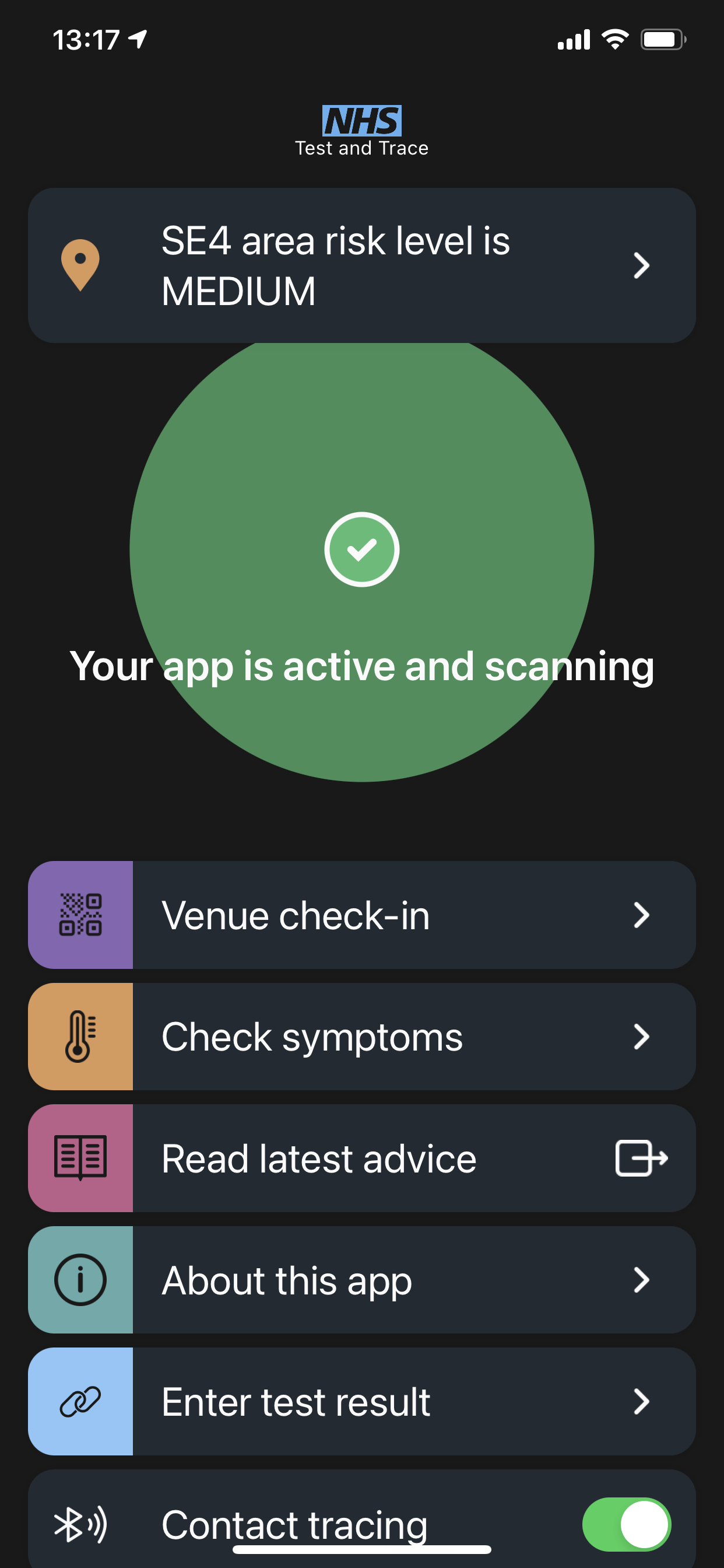UK medical regulators today approved the use of the first coronavirus vaccine, a world-first that will be rolled out here in the UK in the coming days.
Science has delivered. Other vaccines, including the ones from Oxford/AstraZeneca and Moderna nearing regulatory worldwide.
The work and effort from scientists is what will bring back the sense of normality that we all crave to our daily lives and work. We have to congratulate them on their incredible work.
But there is still a challenge ahead before normal life returns.
Creating the vaccine is one thing, getting people to take it is another matter in these days where science is questioned by people who believe are influenced by misinformation and disinformation.
This is where an effective communications and engagement strategy needs to be designed and implemented.
At the press conference by the Medicines and Healthcare products Regulatory Agency (MHRA) and Joint Committee on Vaccination and Immunisation (JVCI) the tone was distant and not engaging. As Sky News Correspondent noted, it was, “So dull. Wonderfully, gorgeously dull.” And maybe there is a need for it. To give people confidence science needs to be transparent, open and accountable. Yet, the face of those selling and vouching these solutions need to better engage. They need to give confidence and reassure the public. The risk of failure is a risk to our daily lives.
People need to be able to relate to those they see. Messages need to be simple. Tone of voice has to be right. Experts need to be media trained to ensure that their expertise is engaging by people they are communicating with and there are many techniques to help achieve this. In past projects, I have brought in coaches from RADA to coach people to better present themselves and be more engaging.
Messaging to get people to trust the vaccine needs to be designed around the eternal communication principle of ‘focusing not on what we want to tell them, but what we want people to understand.’ There is a need to reduce the perception of risk that misinformation promotes.
Misinformation is always about influence and control, either by individuals or state actors and social media channels have allowed this to spread. Everyone has an audience, even those without experience. We have to be careful, but we must also spend time understanding the people that are concerned by the vaccines and create messaging and engagement activities that reassure.
This communications effort must work alongside our immunisation programme to ensure that we can open up the world again, to give people their lives back.
Let’s get ready for the effort ahead. I can’t wait to get the jab and it’s not just for me, but for those that are vulnerable.


